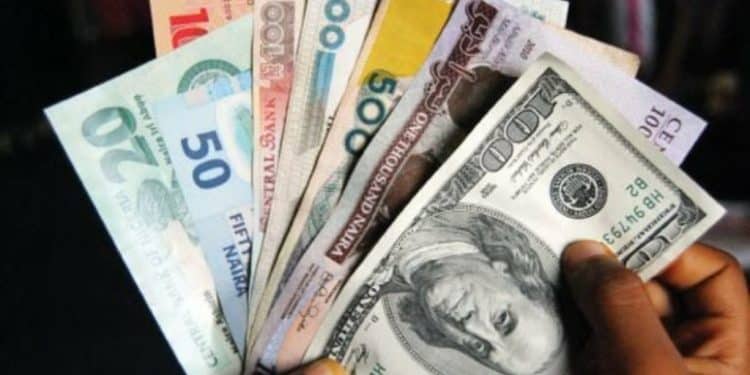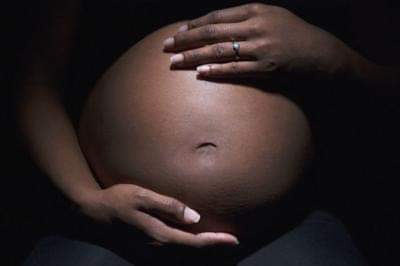On Monday, the naira hit an all-time low of N1,534 per dollar on Nigeria’s official Autonomous Foreign Exchange Market.
According to FMDQ Exchange, a platform that displays official foreign exchange transactions in the country, this represents a 3.93 per cent loss, or N58, from the N1,476.13/$ closing rate last Friday.
The official exchange rate on Monday became the worst since the Central Bank of Nigeria launched the national currency in June 2023.
However, on Monday, the naira traded between N1,480 and N1,490 on the parallel market. The local currency has been trading higher on the parallel market in recent times, particularly since the FMDQ evaluated the mechanism used to establish the official exchange rate.
The naira fell from over 900/dollar to more than 1,400/dollar as the process for calculating the official exchange rate changed.
On the official window, the naira closed above N1000/$ sometime in December. On December 8, the naira dropped to an all-time low of N1,099.05 per dollar. On December 28, 2023, it ended at N1043.09/$, followed by N1035.12/$ on January 3, 2024. On January 9, 2024, it closed at N1089.51/$, then at N1082.32/$ on January 10, 2024. It also reached an all-time low of N1348.63/$ on January 30, 2024, when the FMDQ reconsidered its process for calculating the official exchange rate.
Meanwhile, bank dollar sales fell 56.58 per cent to $253.77 million on Friday, down from a high of $584.53 million on Monday, the first trading day after the CBN instructed banks to sell extra dollars in the official FX market.
Cumulatively, commercial banks sold $1.97bn in one week.
Currency traders in Abuja, also known as Bureau De Change operators, quoted the buying rate of the greenback at N1,480 and the selling price at N1,503, leaving a profit margin of N23.










